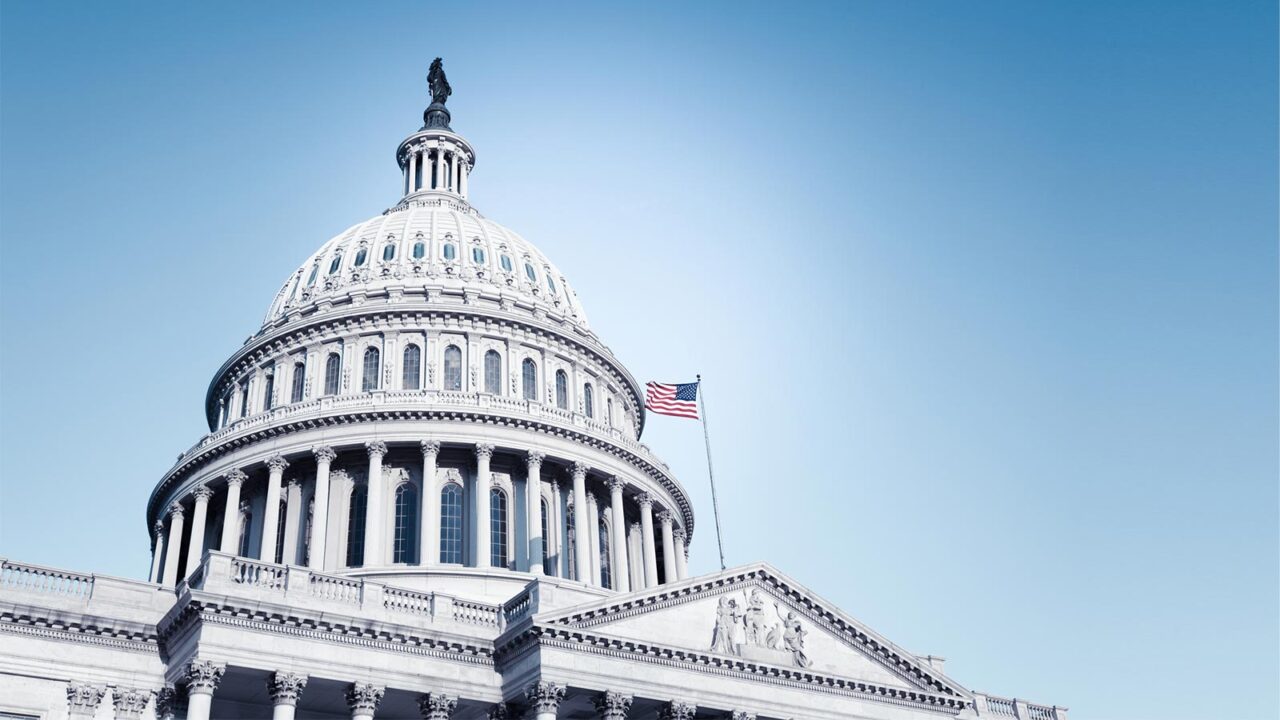The federal government has committed to spending $1 trillion under the Infrastructure Investment and Jobs Act on nationwide construction, alteration and repair projects. Billions of dollars have already been deployed on projects to improve highways, bridges, airports, electrical infrastructure and drinking water distribution, and the government is poised to spend the remaining funds on a massive infrastructure build-out over the next five years. While federal government contracts may provide a lucrative and reliable stream of revenue for construction companies, contractors must be prepared to comply with special requirements, particularly under the labor and employment laws enforced by the U.S. Department of Labor (USDOL).
1. The Davis Bacon Act Requires Payment of Prevailing Wages and Fringe Benefits
The Davis Bacon Act (DBA) applies to most federally funded and federally assisted projects for construction, alteration or repair work. This law requires all contractors and subcontractors on a covered project to pay all “laborers or mechanics” the wages and fringe benefits that “prevail” in the locality where the work is being performed. The USDOL determines what the prevailing wages and fringe benefits are for each trade and publishes them in wage determinations that should be issued to all contractors on the project.
Early on, a contractor should identify whether a job is subject to the DBA and will require payment of prevailing wages and fringe benefits. When bidding on the job, the contractor will want to know the hourly wages and fringe benefits that it must pay to its workers based on the classification(s) of work being performed.
Contractors should also be careful to classify all workers in the correct wage determination category. To determine the appropriate classification, the contractor must evaluate the type of work to be performed and identify which trade performs the work in that locality. When a worker performs work in more than one job category or classification, it is the contractor’s duty to maintain accurate records of the days and times that the worker performed work in each category and to pay the corresponding wage and fringe benefits for each category of work. If the contractor does not keep accurate records tracking the worker’s time in each category, the contractor may be required to pay the highest rate of wages and fringe benefits for all hours worked.
2. What to Do with Fringe Benefits
The hourly fringe benefits to be paid are set forth in dollar amounts. The law permits contractors to pay the hourly fringe benefits in dollars directly to the workers. Many contractors, however, choose to use the fringe benefit dollars to purchase benefits for their employees, which may reduce the contractor’s payroll tax burden. Contractors that put the fringe benefits dollars into benefits plans may owe fiduciary duties to the plans and their participants and could be subject to liability under the Employee Retirement Income Security Act (ERISA). Therefore, while using the fringe dollars to purchase benefits for workers may be a win-win for contractors and workers, contractors must ensure they are complying with applicable ERISA obligations.
3. Contractors May Have to Provide Paid Sick Leave to its Workers
On most infrastructure contracts issued directly by the federal government, contractors are required to provide workers with at least one hour of paid sick leave for every 30 hours worked on or in connection with a covered project. Contractors may also satisfy the requirement by front-loading at least 56 hours of paid sick leave at the beginning of each year. The paid sick leave rule also has detailed requirements regarding the use and carryover of a worker’s accumulated leave balance.
4. Equal Employment and Affirmative Action Obligations
Many federal contractors will be subject to equal employment opportunity and affirmative action compliance requirements. These requirements are enforced by the USDOL’s Office of Federal Contract Compliance Programs (OFCCP), which investigates contractors’ payroll and employment practices (including hiring and promotion decisions) for potential unlawful discrimination. Contractors are also required to engage in outreach for individuals with disabilities and create affirmative action plans that include disability hiring data, if they meet the required dollar and employee number thresholds.
5. Noncompliance Can Be Costly
Unlike in private litigation, the USDOL may thoroughly investigate a contractor before it files a lawsuit. During the investigation, the agency can demand the contractor provide its payroll for inspection and produce other relevant employment records. If the agency believes that it has found violations, it can have contract payments that are otherwise due to the contractor withheld until the matter is resolved. Depending on the nature of the violations, contractors can be assessed significant back wages, overtime and benefits payments, and liquidated damages. They may also be ordered to hire or reinstate employees. In certain circumstances, including when falsified records are involved, contractors can also face criminal prosecution.
One major concern for contractors is the prospect of debarment. For DBA violations, a contractor may be debarred from receiving any new federal contracts for up to three years. For OFCCP violations, the debarment period may be even longer. In addition to seeking debarment of the contractor, the government often seeks to debar individuals, such as corporate officers, that it believes are responsible for the violations.
What Should Contractors Do?
Federal contracts may be a great source of revenue for construction companies, particularly since the Infrastructure Investment and Jobs Act was enacted. However, the special labor requirements that come with these contracts may expose contractors to significant legal liability. Contractors should review each of their government contracts to identify whether they are covered by any laws discussed in this article. Contractors are also encouraged to implement a robust compliance review system. Importantly, contractors should proactively monitor their subcontractors’ compliance with the DBA, as the government often seeks to hold prime (or higher tier) contractors liable for subcontractors’ DBA violations. Contractors should also ensure they are prepared for a potential USDOL investigation by maintaining all required records and having an audit response team in place.







